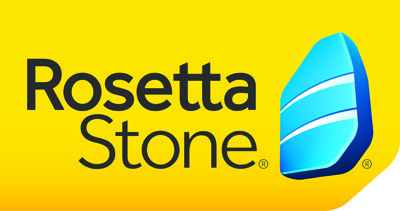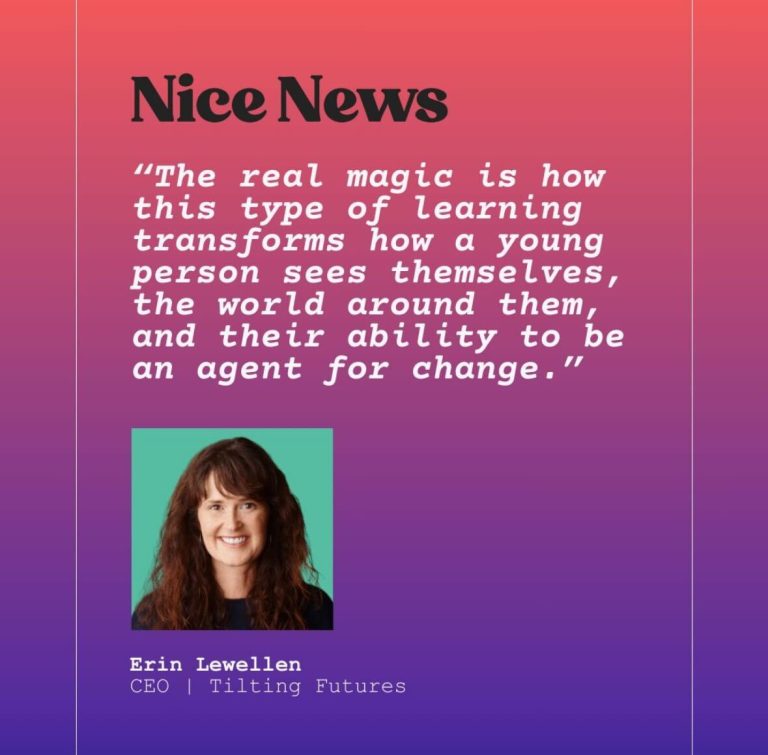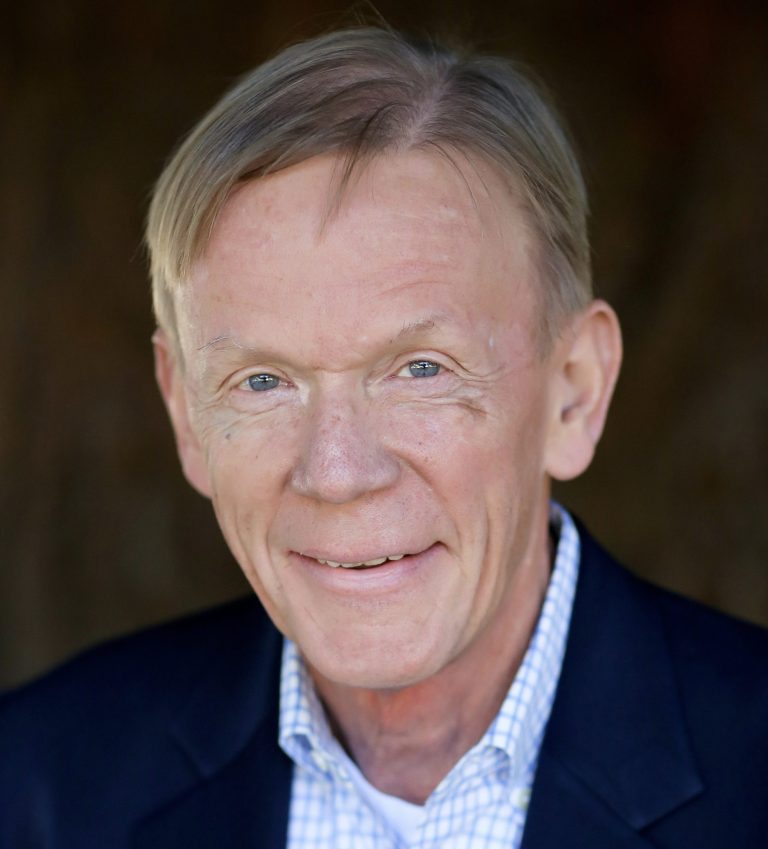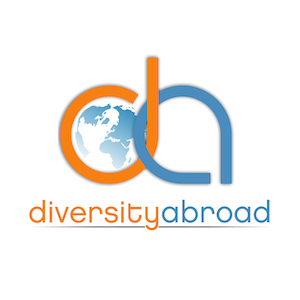Welcome to the first in our series of blog posts about Global Citizen Year (GCY), an organization dedicated to making a global gap year accessible for students of all backgrounds. Abby Falik, GCY Founder and CEO, envisions a new norm for students in transition from high school to college. She talked with Tanya Mas from Rosetta Stone about the purpose and benefits of the program.
Abby, can you give us some background on your role as executive director?
Global Citizen Year is an idea that has been cooking for me since I was 18. I finished high school and was hungry to find something like we focus on here—and it didn’t exist. Ever since then I’ve been on a mission to figure out how to pull the pieces together, the people, the resources, the strategy, and to make this a reality.
What was the main objective for the program you envisioned?
From the beginning for me there have been two shared goals. It was always deep-seated for me that I cared a lot about making sure that big, immersive travel experiences would be accessible not just for students with financial means, but students from all backgrounds. So that’s one pillar for me, leveling the playing field and creating an accessible option for kids that allows them to go deeper and stay longer in foreign countries.
The other piece is recognizing that, in America, the transition between high school and college has been largely overlooked. In other countries and cultures taking a gap year has always been a rite of passage. So, with GCY we are driven by this question: how do we make normal taking a gap year between high school and college so that someday it is encouraged, accessible to all kids, and the expected path to college?
Has the criteria for Fellow selection changed as the program has grown?
Of course it’s changed somewhat but the core principles are still the same. From the beginning we knew we didn’t want to just replicate the way colleges and universities screen for students. So, we don’t look at grades or test scores, and instead look for signs of resilience, curiosity, and drive.
How long do students stay in their host country, and what is their preparation?
Our program is a school-year long immersion, September through April. It actually starts and ends in the US. We host leadership training at Stanford University before our Fellows leave for their host country. One they arrive in-country, our Fellows spend the first few weeks connecting with their Team Leaders and country cohorts, taking language classes and getting to know their home for the next seven months. Once our Fellows move in with their host families they also begin working as apprentices in local organizations. They might be an assistant teacher in a classroom, or an extra set of hands in a health clinic, or work on a community farm agricultural project.
Which countries do fellows visit and what languages will they speak?
GCY currently sends Fellows to Brazil, Ecuador, Senegal, and India. They learn the official language of each host country (Portuguese, Spanish, French, or Hindi). And in Senegal, our Fellows also learn the local language indigenous to the region where they are living in-country.
Do students continue learning a language after they return?
Virtually all of them continue to study languages, whether it’s going deeper in the language that they lived in, or being really inspired to study a new language. It just becomes in their bones at that point, and once you’ve had exposure to one and recognize how much deeper you can go in your relationships with people and how much more you understand about the world when your mind stretches in that way, there’s a hunger to keep doing it.
Have any of the fellows moved on to international careers?
So many of our Fellows study or work abroad after their GCY. But what I would say is, to us, we are most committed to making sure that they bring a global perspective to whatever they do. So they might have domestically oriented careers, but our hope for them is that they are using their foreign language, or they are able to be a mediator or moderator across different cultures, in some way.
Are there examples of how language proficiency contributed to fellows’ careers?
There are many stories like that. One example is Cameron Kaufman, who grew up speaking French, learned Spanish during her GCY in Ecuador, and is now fluent in 5 languages and got her job at J.P. Morgan in part because of her language ability.



